, Jan 18, 2014
Total Safety achieves total replication on the Logicalis Enterprise Cloud Computing Platform.
Total Safety of Houston, TX is the leading global provider of integrated industrial safety services, strategies and equipment to the upstream and midstream, refinery, chemical, petrochemical, wind energy and industrial markets.
An organization with an intense focus on safety, Total Safety was acutely aware of the risks it faced by having its data center in “hurricane alley.” It had already experienced a few storm outages.
A neighbor of the Logicalis Houston office, Total Safety had previously turned to Logicalis for a refresh of its entire data center including a new IBM blade center for its Intel-based systems and a new iSeries system for its main ERP application.
At that time, Logicalis also conducted a comprehensive disaster recovery assessment that identified in graphic detail where the systems were at risk and what the effects of downtime would be on the company. According to Logicalis account executive John Nelson, the assessment showed that the only way to eliminate risk would be to establish a disaster recovery site outside of hurricane alley that would be a duplicate of the Total Safety data center at its Houston headquarters. To be totally safe, Total Safety would have to buy one of everything it already had in its Houston data center.
Enterprise Cloud Computing
Total Safety hadn’t yet acted on Logicalis’ recommendation when another option presented itself. Since completing the DR assessment for Total Safety, Logicalis had launched its Enterprise Cloud platform offering powered by Cisco’s Unified Computing System (UCS) servers and Nexus switches. The Logicalis cloud is a virtualized environment partitioned for each of its customers. Besides the UCS servers it also includes an iSeries system—the same one that Total Safety used for its ERP system.
Total Safety Technical Operations Manager Kevin Croteau had started investigating options for a remote site, but soon found every offsite option becoming cost prohibitive. The more he learned about the Enterprise Cloud platform that Logicalis was preparing, the more he was convinced he had found a better solution for Total Safety. “We already had a good relationship with Logicalis, and the more we looked at what the Logicalis cloud would cost and how easy it would be to set up and get going, the more we liked it.”
The Logicalis cloud platform option appealed to Total Safety on several levels: not only would it eliminate the risk of downtime, but also, the entire cost of the disaster recovery platform could be paid for out of its operational expense budget, instead of its capital expense budget. Total Safety would also have the benefit of Logicalis’ more than a dozen years of experience as a managed services provider. In the event of a disaster, Logicalis would be able to keep all Total Safety systems running smoothly, allowing Total Safety IT staff to stay in Houston and address the situation on the ground at home.
A Total Solution
Total Safety conducted extensive due diligence and considered offerings by other cloud providers, but none could offer a total solution that included iSeries and Intel systems, the capability of running full production of all Total Safety systems, and the ability to provide 24/7 monitoring and management at the highest level 365 days a years.
It wasn’t just the technology. It was also the extra effort Logicalis people demonstrated, Croteau says. “They brought us up to the operations center in Ohio, and we got to ask all our questions. We met all the people involved, looked at all the services with their cloud infrastructure and disaster recovery. They went step by step through how they were going to handle everything; all the replication software they used, why they chose it and how they were building their environment. They made us feel comfortable every step of the way. We didn’t have any real issues.”
Because Logicalis already had the hardware and software systems in place, implementing this solution took a fraction of the time of a building a comparable disaster recovery site.
Croteau says, “The biggest challenge was figuring out how much bandwidth we really needed for everything to stay up to date and replicate properly and not impact performance in the production data center. Once we got that squared away, everything worked great.”
Logicalis solution architect Kevin Clark collaborated closely with Total Safety on the development of the solution. “Our network engineers worked with their network engineers,” he says. Clark notes Logicalis was also able to draw on capabilities that were already in its service catalog for managed services which is bundled with cloud implementations.
Clark says the Total Safety solution leverages Double-Take replication software to minimize Total Safety’s monthly expenses. “Until they have a disaster they are only charged for the compute capacity required to replicate the data,” Clark says. “That means the cost is less than half of what it would be if we had the capacity of their whole data center running on our cloud platform.”
Comfort Level
Security is ensured. The Total Safety disaster recovery solution includes a T1 circuit between the iSeries system in Houston and iSeries in the Logicalis cloud in Cincinnati that enables 100 percent replication. Croteau says, “The Logicalis solution is basically a private cloud, disaster recovery and failover site that is part of our MPLS Total Safety network.” A VPN/Internet connection provides a secondary route, eliminating a single point of failure.
Altogether 35 Windows systems and the iSeries systems are replicated to a Total Safety container on the Logicalis Enterprise Cloud. “Since most of what we are doing is VMs (virtual machines), it makes it pretty easy,” Croteau says. “All we are doing is replicating a virtual machine up to their data center. If they need to fire it up, they just migrate the files over and fire up our servers in a virtual environment.”
Mostly the solution runs by itself. “With all the support we get from Logicalis— the reporting and ease of use and the hands-off during replication—I really don’t have to touch it that much,” Croteau says. “I just know it’s there. Whatever we are paying them on a monthly basis, it‘s well worth it, especially compared to building and outfitting our own disaster recovery site and having to manage it, too.”
“Going forward,” he says, “we are looking at storage growth across the board as a challenge and we would consider storage on the Logicalis cloud. We are also looking at putting more servers into the replicated mix.”
“A lot of cloud stuff is really new,” Croteau adds, “But we’re so comfortable with the DR solution we have in place with Logicalis that I’m sure we would be comfortable with other cloud solutions from Logicalis when the time is right.”
Related Insights
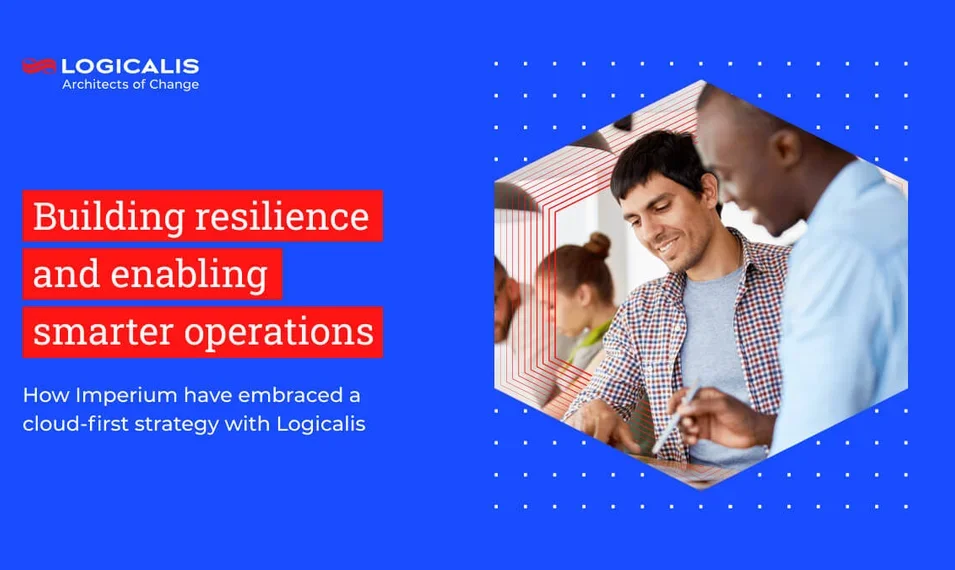
Global , Aug 29, 2025
How Imperium have embraced a cloud-first strategy with Logicalis
Imperium partnered with Logicalis to navigate digital transformation, tackling compliance, security, and customer experience with strategic support and proactive IT services. Read the full solution to see how this partnership drives real impact.

Global , Jul 15, 2025
Cloud governance at scale: MAPFRE's journey towards digital efficiency
MAPFRE partnered with Logicalis Spain to simplify its complex multi-cloud environment by implementing a high-performance, secure Landing Zone in Azure. This enabled automated resource management, centralised governance, and agile scalability across over one million cloud assets.
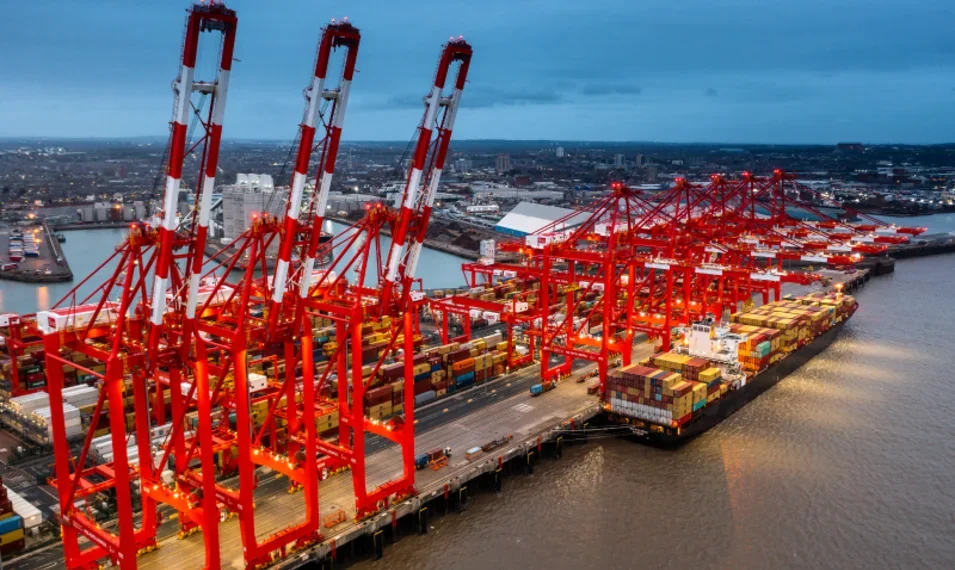
Global , Jul 9, 2025
Revolutionising port operations: How Private 5G is powering automation at Peel Ports
Peel Ports is leading the way in port automation with a cutting-edge private 5G network at the Port of Liverpool. Discover how this ON-SIDE initiative is reshaping the future of logistics and infrastructure.

Global , Jul 3, 2025
How Sime centralised security with Logicalis and Microsoft Sentinel
Discover how Sime, a global investment holding company, transitioned from fragmented on-premise SIEM systems to a unified, scalable security framework—enhancing threat detection and reducing costs across regions.
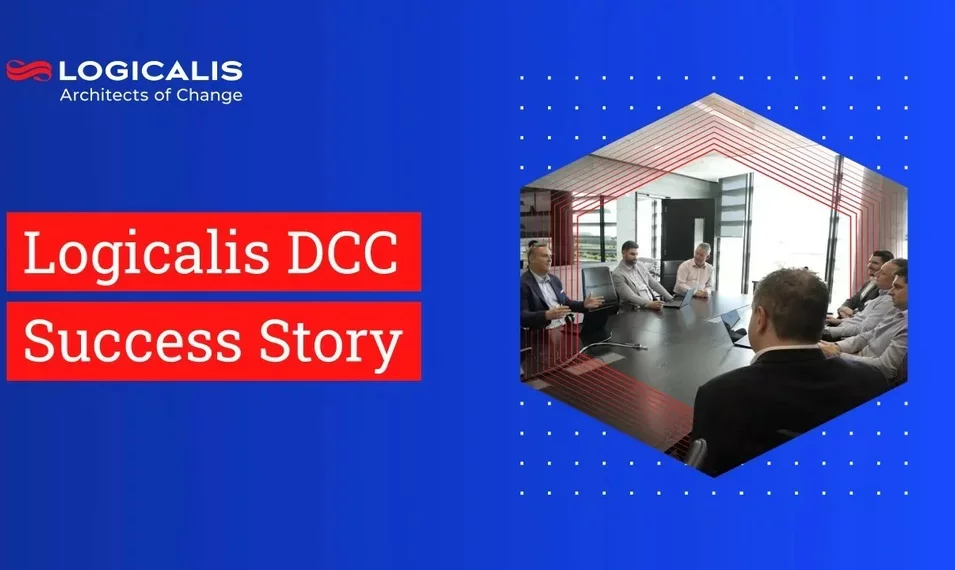
Global , Nov 26, 2024
Case Studies, Videos
Logicalis DCC success story
Watch this video case study, which brings to life DCC’s transformative journey to standardise their approach to using Microsoft Azure across 50 businesses!
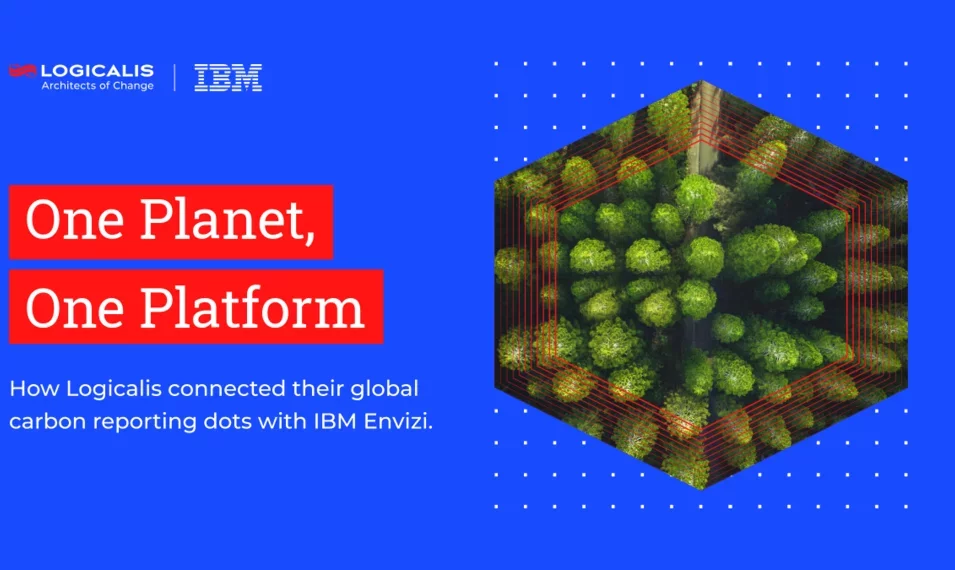
Global , Nov 20, 2024
One Planet, One Platform
How Logicalis connected their global carbon reporting dots with IBM Envizi.

Global , Nov 5, 2024
The Canadian International School of Hong Kong partners with Logicalis to fortify its security posture
Discover how Logicalis helped the Canadian International School of Hong Kong fortify its security posture.

Global , Oct 25, 2024
Case Studies, Videos
National Oceanography equip climate research vessels with Secure Connectivity
Read how the successful partnership between NOC and Logicalis delivered on the deployment of an advanced and all-encompassing wireless infrastructure solution that delivers improved levels of security to keep data safe.
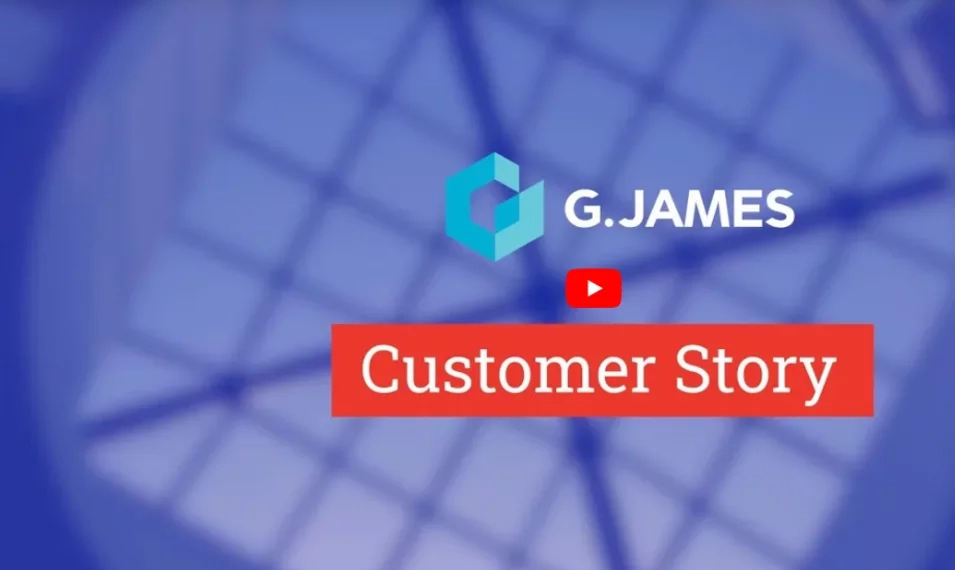
Global , Oct 25, 2024
Case Studies, Videos
Logicalis partners with G.James to achieve sustainable business outcomes
G.James needed to modernise its ageing switching infrastructure whilst partnering with an organisation that aligns with their ESG goals and objectives.

Global , Oct 4, 2024
Noble Foods optimise operations and get closer to net zero with network transformation
Noble Foods sought to transform their network infrastructure to support critical business operations and meet sustainability goals.

Global , Sep 22, 2024
Driving innovation at Western Sydney University with an advanced Microsoft Azure approach
Logicalis Australia has assisted the University of Western Sydney (UWS) in enhancing their digital experience with an innovative migration to Microsoft Azure.

Global , Aug 16, 2024
Leading UK University partner with Logicalis to enhance campus experience with seamless and secure connectivity
Logicalis enabled the University to offer a modern, secure and user-friendly network that supports students and their devices around the clock.

Global , Jul 18, 2024
Case Studies, Videos
Digital Transformation of SMAS Torres Vedras
For SMAS Torres Vedras, the task at hand was not just about supplying water; it was about fostering public health, enhancing the quality of life, and promoting the benefits of consuming water from the public network.
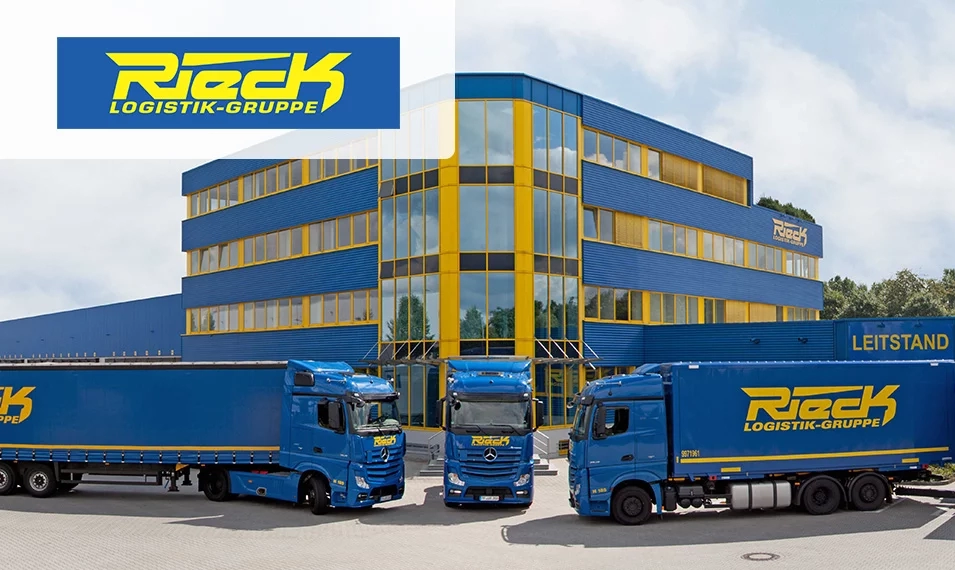
The Rieck Group: Modernising IT infrastructure with Logicalis and FlashStack
Rieck Group partnered with Logicalis to completely modernise its IT infrastructure, replacing outdated systems with a high-performance, future-ready FlashStack solution. Read how this transformation enabled seamless operations, improved flexibility, and empowered Rieck to manage tasks in-house with greater efficiency.
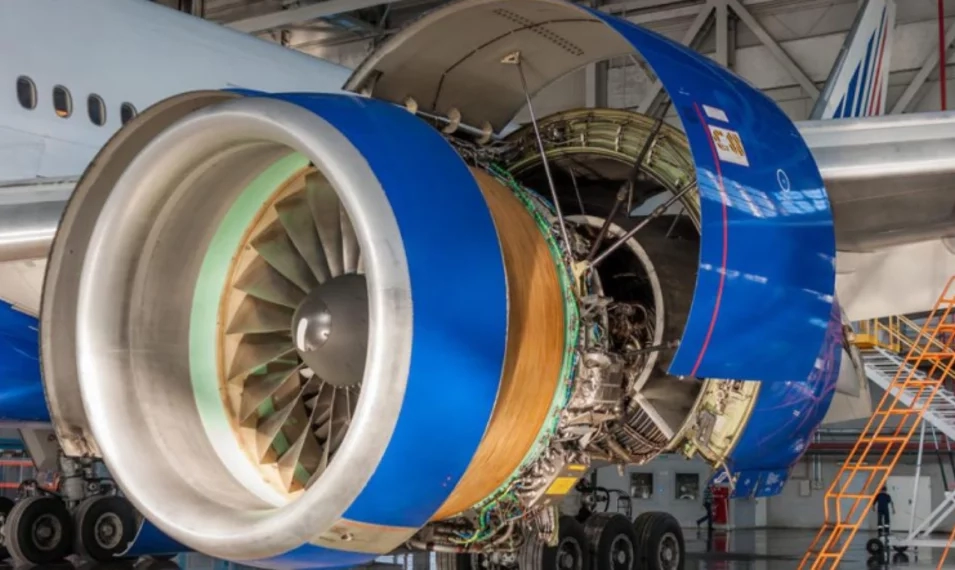
Global , Apr 19, 2024
Enhancing security posture: A strategic partnership with a leading aerospace manufacturing corporation
Logicalis USA has partnered with a multinational corporation to execute a comprehensive Security Benchmark and Enablement Program. The initiative involves evaluating and enhancing the secure data management practices across 55 operating companies, aligning with government and Department of Defence security requirements.

Global , Apr 19, 2024
Enhancing security posture and operational efficiency for a leading health and toxicology company
An international health and toxicology company pursued a digital transformation to bolster security and operational efficiency. Facing challenges of security framework enhancement and staff turnover, the company sought a reliable IT security partner.

Global , Apr 19, 2024
UKI local authority strengthens cybersecurity and creates efficiencies with Logicalis and Microsoft Defender XDR
Large council recently worked with Logicalis to deploy the MXDR solution. This has drastically reduced the number of incidents and ensures complete resilience.

Global , Apr 19, 2024
Fortifying global gaming security: A Logicalis Intelligent Security success story.
Logicalis has successfully transformed the security infrastructure of a global lifestyle brand for gamers by deploying advanced MXDR capabilities. This initiative significantly enhanced security efficiency, reduced operational costs and improved the customer's security posture and resilience.
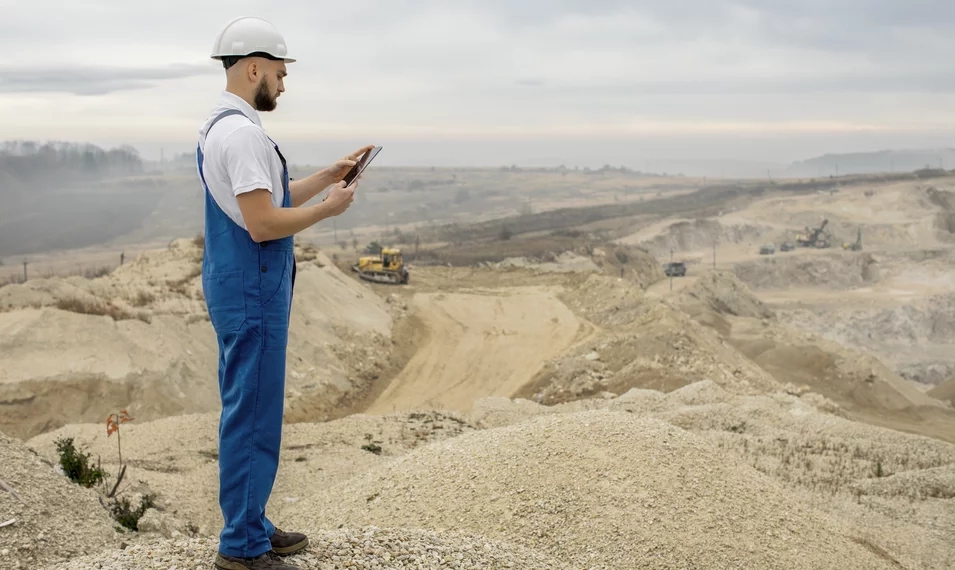
Global , Mar 7, 2024
Revolutionising mining operations with integrated communication solutions
A prominent Chilean mining company partnered with Logicalis to overcome operational challenges, including open-pit communications, new project execution, remote site connectivity, back-office automation, IT operations continuity, and network equipment renewal.
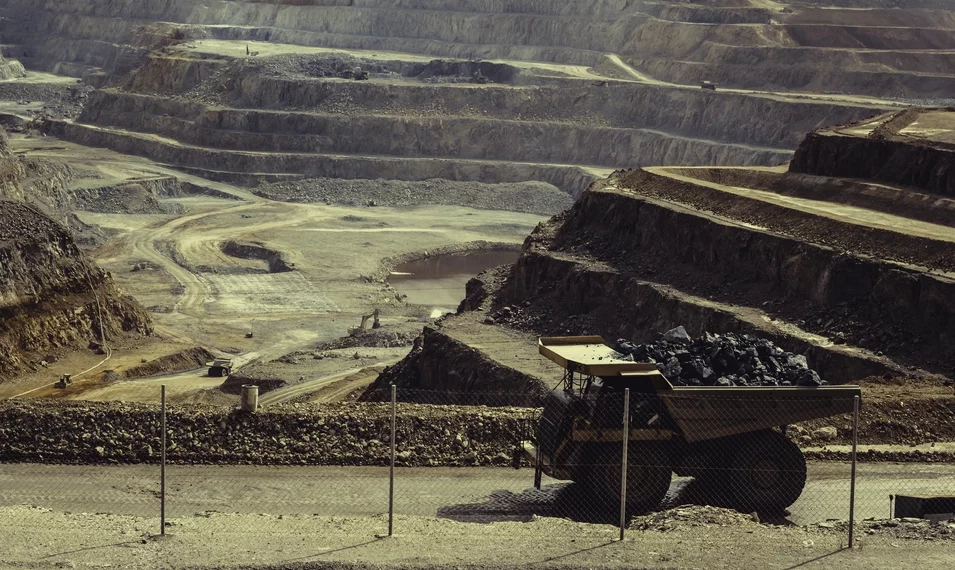
Global , Mar 7, 2024
Addressing Communication Challenges for an International Copper Producer
In the heart of Chile's mining landscape, a prominent international copper producer recently navigated complex communication and IT infrastructure challenges. Operating discreetly, this case study unveils the strategic objectives, implemented solutions, and resulting business benefits achieved by the client in overcoming these hurdles.

Global , Mar 7, 2024
Advancing Connectivity and Reliability with Private Wireless Networks
An international fertilizer company partnered with Logicalis to implement private 4G/5G networks, focusing on outdoor and indoor coverage. Logicalis deployed a phased methodology, ensuring redundancy with a decentralized model and achieving comprehensive coverage. The private 5G networks enhanced reliability, stability, and lower latency, supporting mission-critical applications in mining environments and setting the stage for future deployments across the client's operations in the US.
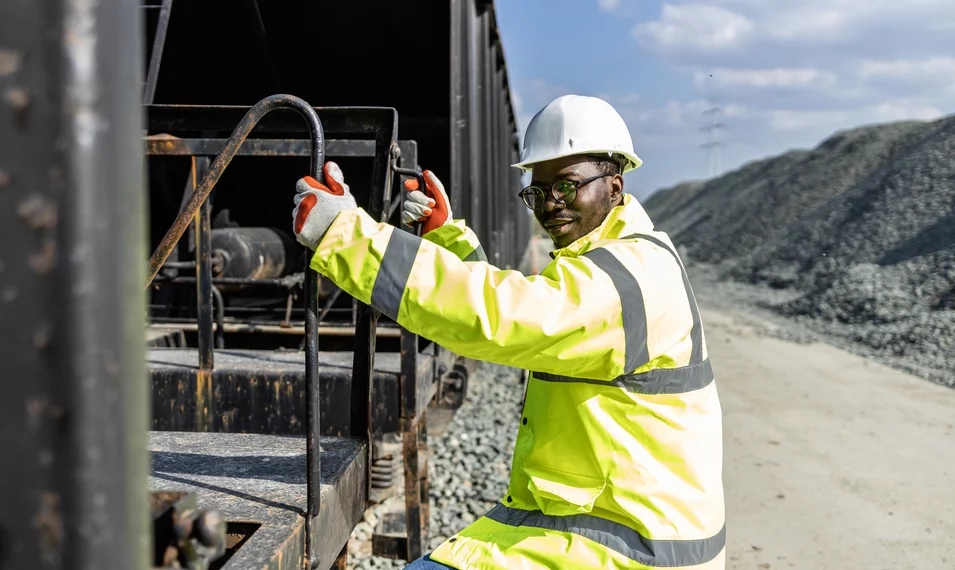
Global , Mar 7, 2024
Optimising Cloud Infrastructure Management for a Global Leader in Metals, Mining, and Logistics
A multinational metals, mining, and logistics corporation collaborated with Logicalis to optimize global operations and streamline its Azure-based digital transformation. The collaboration empowered the client to overcome infrastructure challenges, expedite cloud migration, and transition into a more agile, value-driven organisation
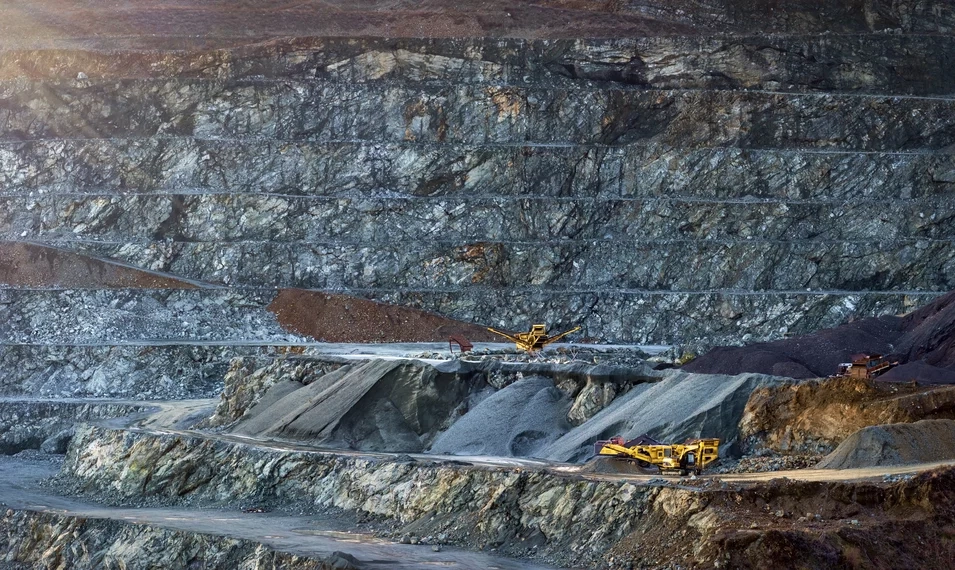
Global , Mar 7, 2024
Transforming Mining Operations Through Network Modernisation and Automation
Logicalis won the tender to modernize the plants of one of the world's largest iron ore producers, a global leader in the mining industry. The client faced challenges related to outdated network architecture, manual processes, and the need for centralizing operations to enhance management efficiency
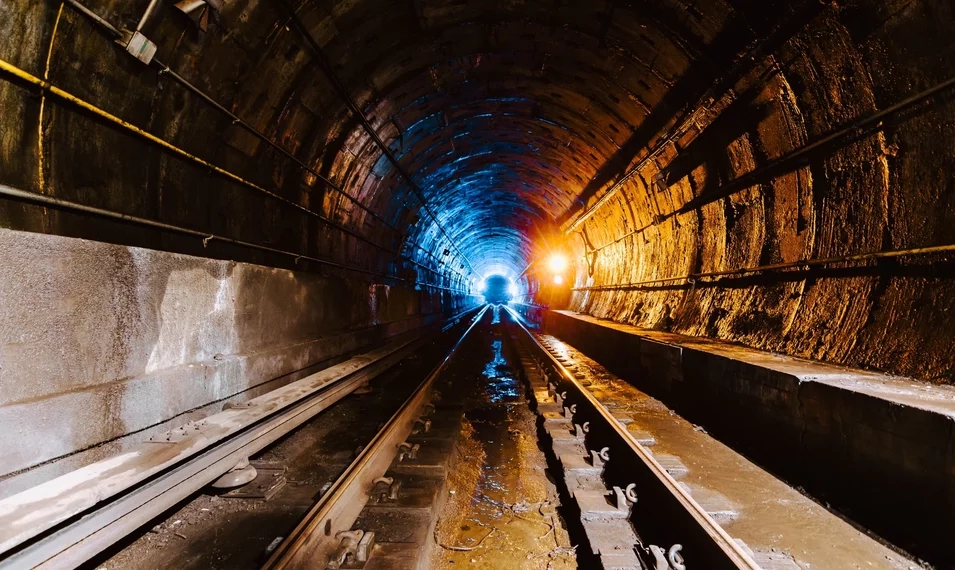
Global , Mar 6, 2024
Enhancing Operational Efficiency and Security for a Global Leader in the Gold Mining Industry
Our client, a global leader in the gold mining industry, maintains a significant presence in South Africa, with operations extending to Papua New Guinea. The company operates nine underground mines, one open-pit mine, and various surface operations within South Africa.

Global , Nov 18, 2023
Auto & General SEA embarks on a cloud transformation journey with Logicalis
Auto & General SEA partnered with Logicalis to migrate from a private cloud to Microsoft Azure, resolving inefficiencies with their previous vendor by improving service responsiveness, scalability, and cost optimisation through the Digital Services Platform.
Global , Oct 11, 2023
Galp Energia modernises IT infrastructure with Logicalis and Cisco
Galp Energia, a multinational energy company, partnered with Logicalis, Cisco, and Vodafone to modernise its outdated network infrastructure to enable digital transformation, improve customer experience, and support future innovation.
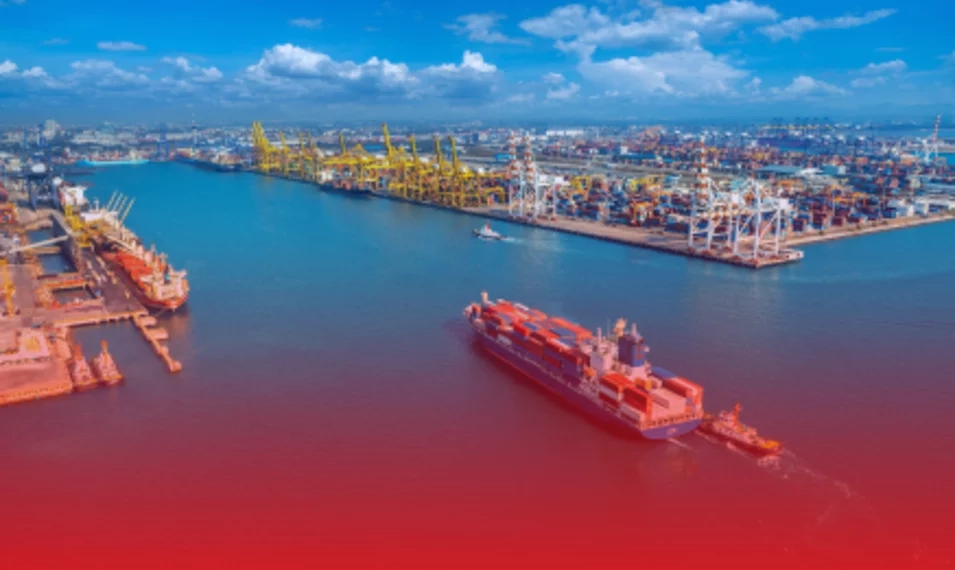
Global , Sep 21, 2023
Logicalis enhances APDL's Network with Cisco ACI
Logicalis implemented the Cisco Application Centric Infrastructure (ACI) solution because, in addition to being the industry's leading SDN (Software Defined Networking), it automates the network and security in a web interface for workloads on physical servers, virtual machines, containers or the public cloud.

Global , Aug 14, 2023
Advancing Collaboration and Future-Ready Solutions for a Research Organisation
Over four years, Logicalis has played a pivotal role as a collaborative partner for a research organisation, facilitating the transformation of their collaboration ecosystem with cutting-edge solutions and services. This collaboration stands as the largest contract between the research organisation and an external partner. Going beyond this, Logicalis is poised not only to continue its collaboration efforts but also to establish the groundwork for network and security solutions.
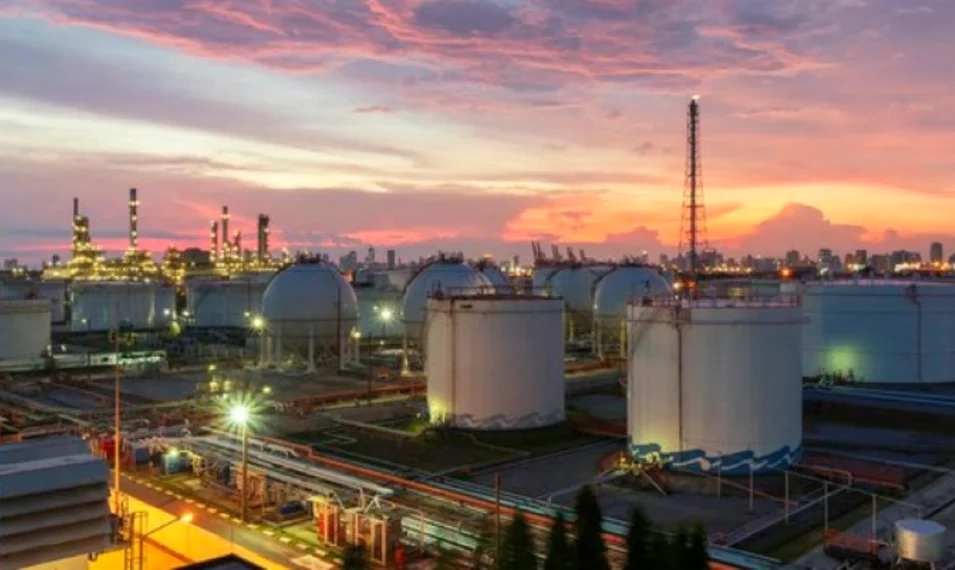
Global , Aug 11, 2023
Revolutionizing Chemical Plant Monitoring with Private Wireless Solution
The alliance between Logicalis, Cisco, and AirSpan RAN enabled our client to leverage the capabilities of Private Wireless technology, revolutionising their chemical plant monitoring practices. Overcoming wireless disruptions and facilitating constant monitoring, the client's commitment to safety, efficiency, and data accuracy was significantly enhanced. This successful deployment exemplifies the transformative potential of technology-driven solutions within the manufacturing sector, contributing to the continued success of our client.
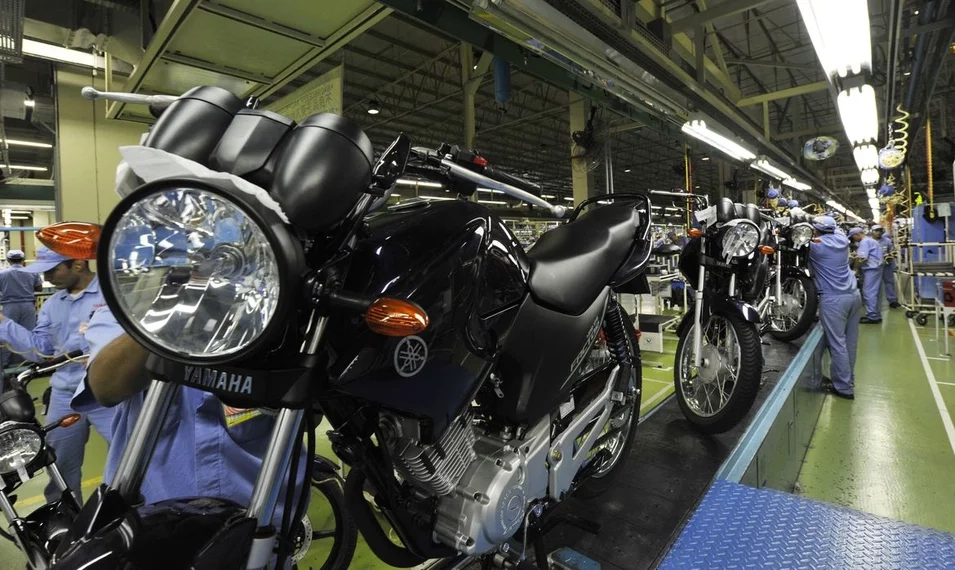
Global , Aug 9, 2023
Yamaha Motors migrates to Azure, achieving greater performance, reducing failures, and laying the foundations for Industry 4.0
Yamaha Motors started with an assessment of its IT environment and then chose to move most of their applications to the Azure cloud. They relied on the support of Logicalis to migrate and manage cloud environments.
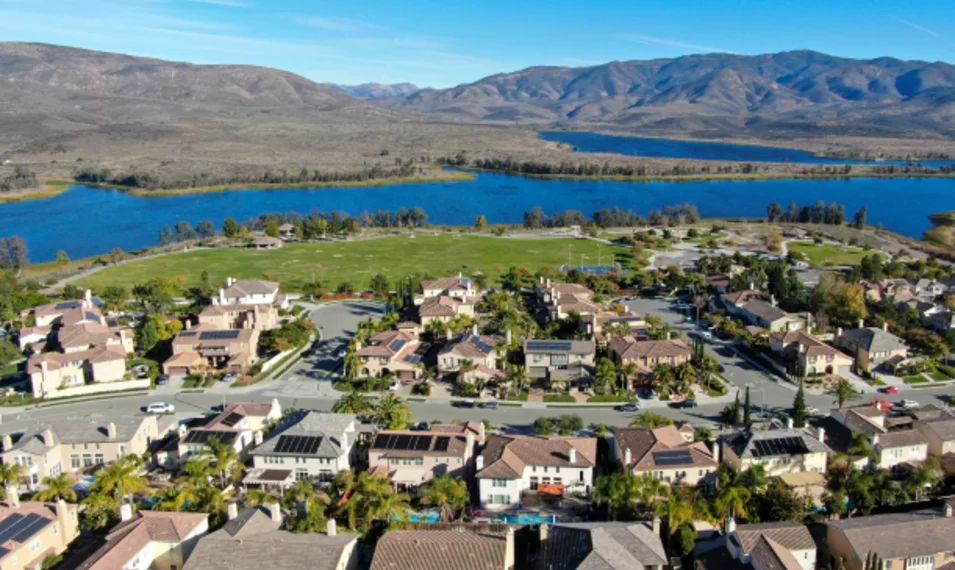
Global , Aug 2, 2023
Empowering Operational Transformation A Case Study of a Progressive County in the USA
Facing challenges with an aging network infrastructure and a reduced network team (from 6 staff to 2), the county sought to modernize its operational service delivery model to ensure 24x7x365 network coverage and improved security.

Global , Aug 2, 2023
Advancing Sustainable Building Transformation A Case Study with a Leading Energy Company
This case study highlights the collaboration between Logicalis and a prominent energy company to modernize buildings, enhance operational efficiency, and promote sustainability.

Global , Aug 2, 2023
Logicalis Constructs and Oversees Network Infrastructure for a Premier Healthcare Ecosystem
Leading clinical diagnostics company in South America with multiple brands, was in the process of building its new administrative headquarters. With the consolidation of the group's companies and the change of building, the company needed to develop a new IT structure that could support its collaborative work format and leverage the latest technology.
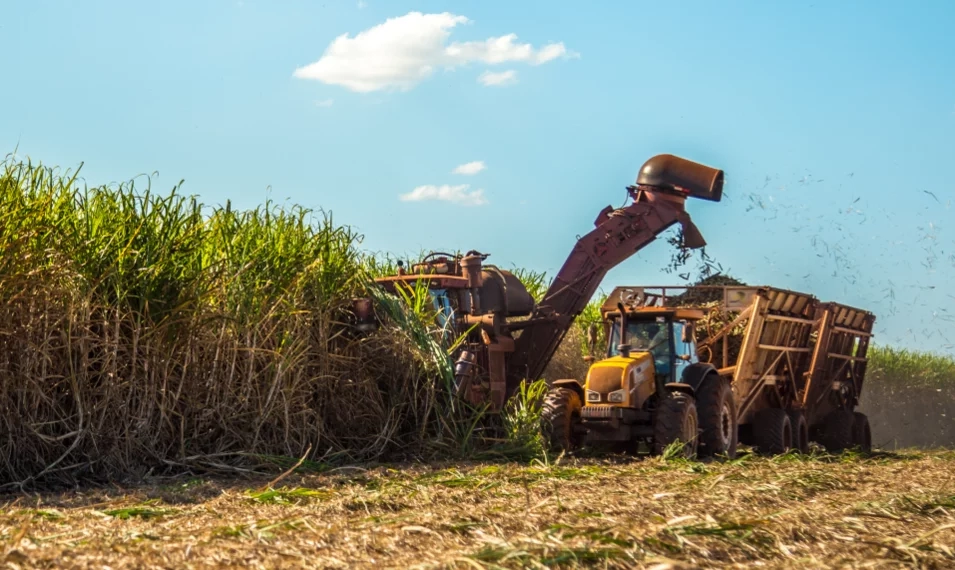
Global , Aug 2, 2023
Modernizing Global IT Infrastructure A Case Study of a Large Food Producer
A large food producer known for its prominent role in the food industry faced the challenge of modernizing its IT infrastructure globally. The historically grown infrastructure lacked homogeneity and had become outdated due to multiple suppliers with varying pricing and project standards. The company sought a global managed network service focused on LAN, Wireless LAN, and Security to overcome these challenges and build a solid foundation for future digital service solutions. Logicalis, a global Cisco Gold Partner, provided the ideal solution, offering 24x7x365 full managed service, central helpdesk, monitoring, service & transition management, professional services & consulting, and ongoing support
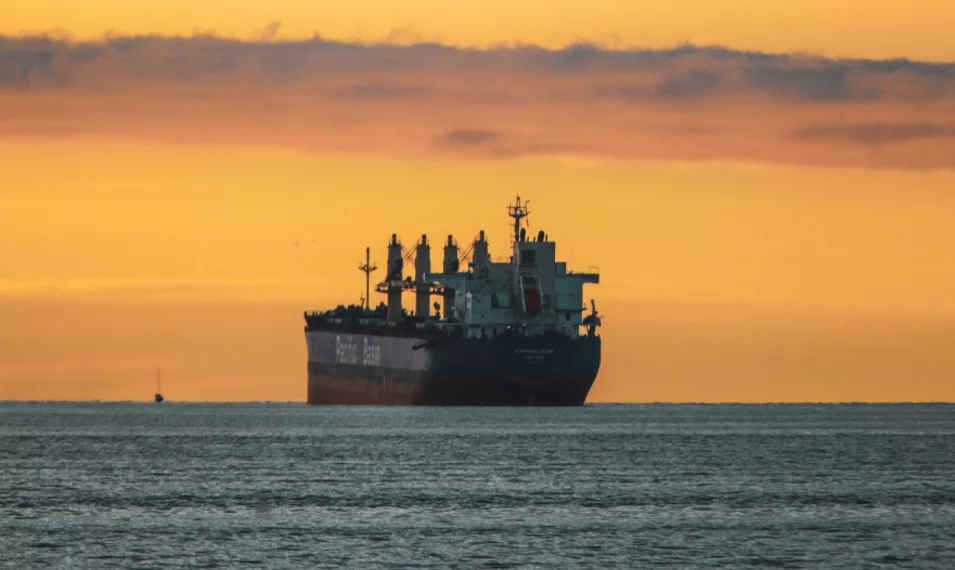
Global , Aug 2, 2023
Empowering Growth A Successful Collaboration with a Global Energy Supplier
A global utility-backed seaborne energy trader aimed to expand its operations by 50% over the next three years. However, the lack of a predictable cost base and standardized processes posed challenges to achieving this goal. Logicalis offered a managed services contract to address these issues, enabling the client to achieve their objectives while creating new opportunities for Logicalis in the modern workplace and security sectors.

Global , Aug 2, 2023
Enhancing Network Efficiency for a Global Automotive Manufacturer
Working with a prominent multinational automotive manufacturer with a vast workforce spread across more than 25 countries, Logicalis was entrusted with the task of optimizing their connectivity, ensuring network resiliency, and enhancing application performance visibility.

Global , Jun 20, 2023
Auto & General SEA embarks on a cloud transformation journey with Logicalis
Insurance solutions firm Auto & General has embarked on a cloud transformation journey in Southeast Asia (SEA), tapping on IT services provider Logicalis.
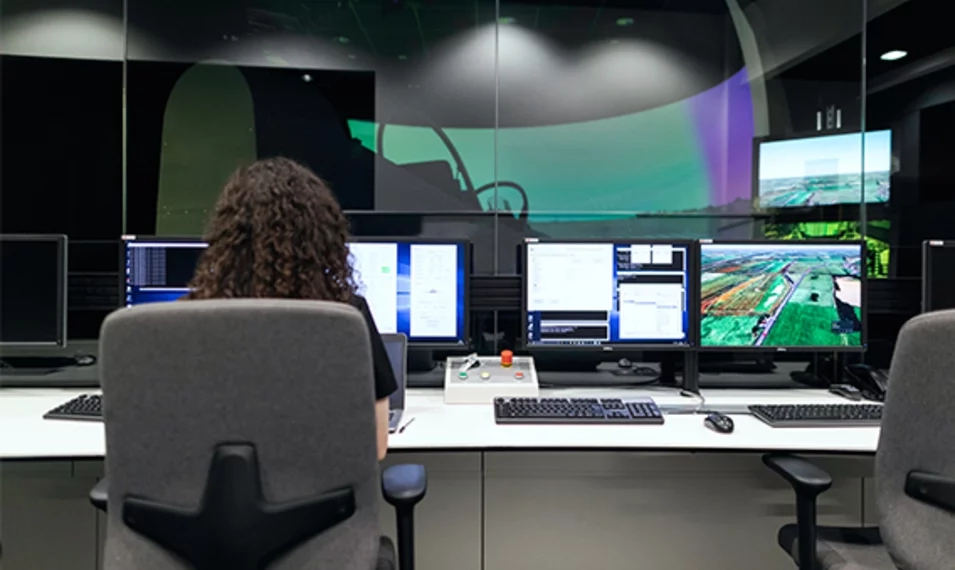
Global , Apr 12, 2023
Logicalis helps BPAY find their dream tech solution
Logicalis use Azure DevOps to deploy Azure Virtual Desktop that saved money, increased productivity, while delivering built-in agility and scalability for the future.

Global , Apr 12, 2023
Dairy Australia ditch the Data Centre for Azure in major migration with Logicalis
Read how Logicalis Australia assisted Dairy Australia to modernise the datacentre and take the organisation into the future with a secure, scalable and resilient IT environment.

Global , Mar 24, 2023
Improving employee experience with devices that fit how people work
Read the Logicalis Australia managed services solution that rolled out technology allowing employees to work effectively, thereby boosting overall employee satisfaction.
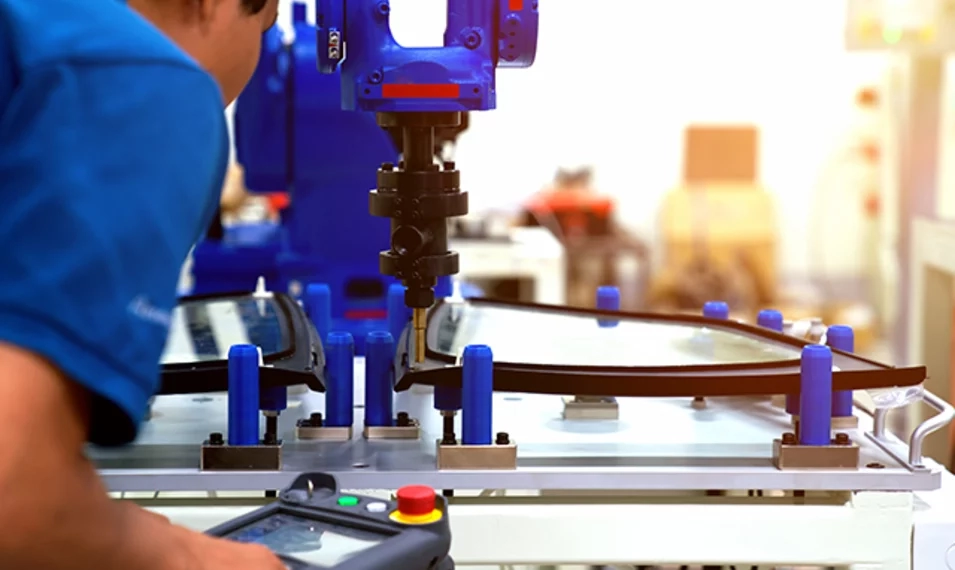
USA , Sep 9, 2022
Freeing a Global Manufacturer to Grow Unimpeded with Microsoft Azure
Logicalis acts as a trusted advisor for a global client looking to adopt a cloud-first strategy using Microsoft Azure to enable them to double their revenue by 2025.

Global , Jan 28, 2022
A Brazilian retailer implements Microsoft Teams to enable work during the pandemic
Brazilian retail chain needed to provide their teams with a stable and safe means of communication and collaboration when the Covid-19 pandemic struck. Logicalis migrated thousands of employees over to Microsoft Teams and ensuring productivity continued.

Global , Feb 12, 2021
Implementation of webex meetings at industry association during Covid-19
COVID-19 social distancing measures meant close contact was restricted, driving leaders at a non-profit industrial industry association to adopt a digital collaboration tool.

Global , Feb 12, 2021
The PlanetHome Group ready to take on the future with cloud infrastructure
The PlanetHome Group is a leading property service provider in Germany and Austria. When it comes to being prepared for the future, the company places great value on its IT strategy for digital transformation.

Global , Feb 12, 2021
Grupo Alkan developing a more agile and scalable business
Group Alkan is a holding company specialised in developing comprehensive logistics solutions that caters to the needs of the fuel sector regarding importation, distribution, and sales.

Global , Oct 1, 2019
Legacy integration & contract consolidation delivers impressive cost savings
Merging two companies meant merging 2 IT platforms, which would deliver strategic value and cost savings. However, there were multiple single contracts for differing Cisco technologies, which covered both traditional and virtualised IT environments. The aim was to reduce complexity, reduce the time required to manage contracts and consolidate Cisco IT spend into one place.

Global , Jul 11, 2019
University of Wolverhampton
The University of Wolverhampton (UoW) has over 23,000 students, 2,400 staff and four main campuses. They had come to rely on legacy IT systems and were unable to adequately respond to dynamic service requests. Logicalis worked with the University to set up a Hybrid IT platform using Hewlett Packard Enterprise and VMware technologies.
